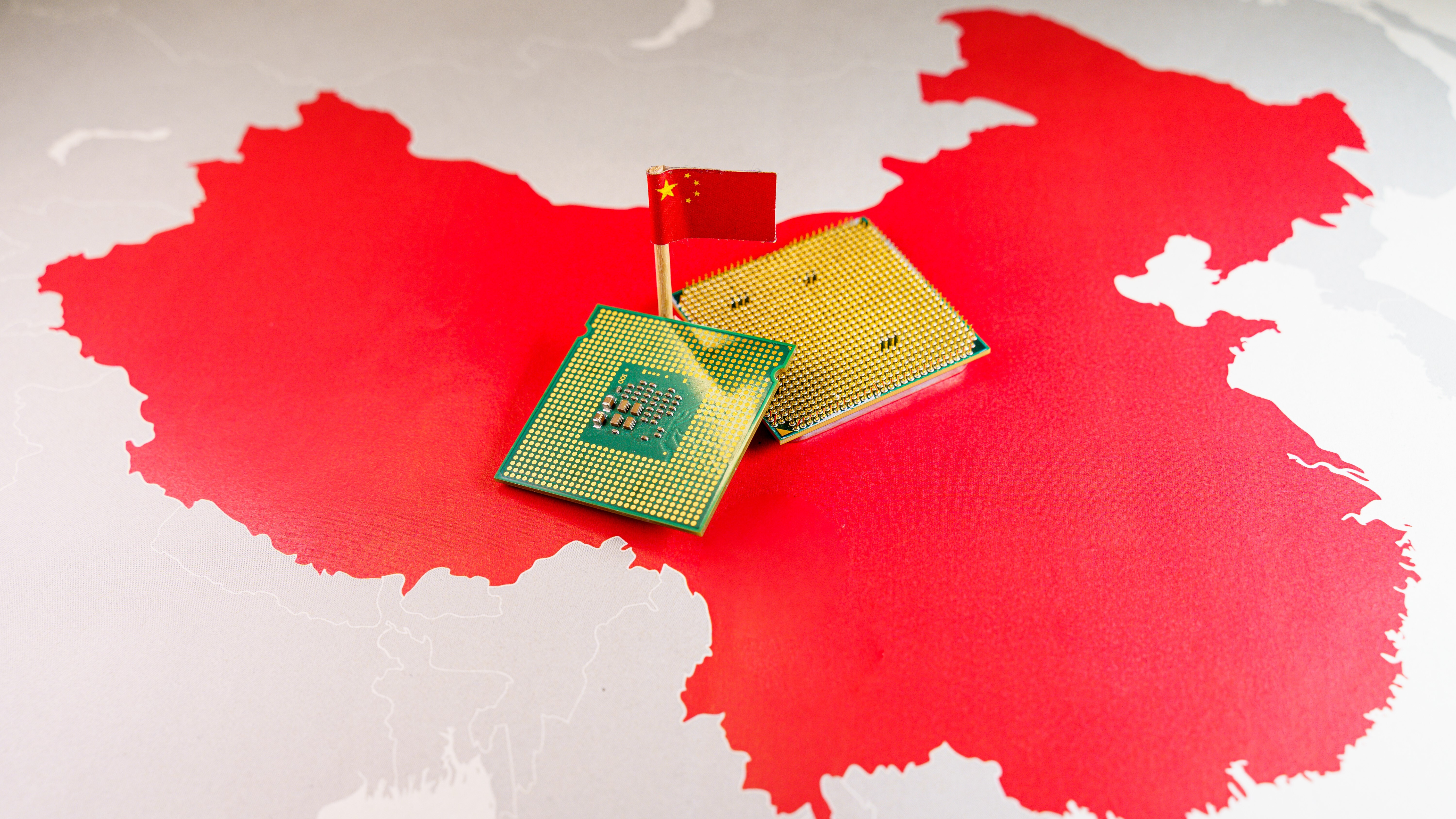
America has tough sanctions in place to stop China from acquiring the latest chips, fearing their use in weapons systems. Yet many Chinese companies have still been able to acquire advanced U.S. hardware, even as Nvidia and other key tech firms adhere to those tight export controls. The latest Chinese ruse to sidestep sanctions, according to reports, is to set up a new company to trade advanced hardware — and run it until it gets whack-a-moled.
The New York Times today reported observing deals ranging from a few hundred GPUs up to a transaction worth $103 million, with buyers including state-owned or -affiliated companies and sanctioned corporations that work with the Chinese defense industry. While there is no evidence that the manufacturers have directly sold these products to the Chinese market, it’s impossible for any company to fully control the spider's web of its entire distribution chain. While an organization could track its immediate customers, and maybe even secondary buyers, following the movements of products until they reach end-users would not be just time-consuming, it would be cost-prohibitive as well. It might also even push legitimate clients away.
Banned Sugon formed Nettrix to acquire Nvidia chips
Another problem that the U.S. authorities have is how easy it is to set up a company and acquire advanced chips before the American ban hammer falls on it. For example, the U.S. banned Sugon from acquiring Nvidia’s chips after it was proven that the Chinese military was a customer. Some of the company’s former executives then formed a new company called Nettrix, and in six months, it was one of the largest Chinese manufacturers of AI servers.
Since the company is so new, the U.S. likely hasn’t had the chance to vet it and check its background. In the meantime, Nvidia, Intel, and Microsoft have already started doing business with it without breaking any American laws.
Perhaps the only possible way the White House could drastically reduce Chinese backdoors to trade is to ensure that only licensed white-listed buyers could legally procure these chips. However, many in the industry are lobbying against ever-tightening bans, claiming they do more harm than good to American companies.
China and the U.S. have been engaged in a tight chip war since the late 2010s, with both countries fighting to remain at the lead of AI and other advanced technologies. In line with this, America has resorted to bans and sanctions to stop Chinese companies from getting the latest American tech.
However, these reports show that Washington’s moves aren’t always effective against China’s insatiable demand for the latest chips. American authorities admit that some high-tech gear will slip through the cracks. However, they say that the main purpose of the White House’s moves is to hold back Beijing while the U.S. government is pushing investments in the semiconductor industry to help America pull away from China’s gains.







